Recombinant Collagen Analysis Service
Recombinant collagen analysis focuses on the comprehensive quality evaluation of collagen proteins or their functional fragments expressed in heterologous systems using genetic engineering techniques. Recombinant collagen is produced through recombinant DNA technology in systems such as Escherichia coli, yeast, or mammalian cells, offering advantages including controlled structure, safe origin, and high batch-to-batch consistency. This service is based on the principles of proteomics and structural biology, utilizing high-resolution mass spectrometry, spectroscopy, and chromatography platforms to systematically analyze key parameters such as structure, purity, post-translational modifications, and impurities. It helps clients fully understand the structural characteristics and functional properties of their products.
Recombinant collagen analysis service is widely applied in fields such as biomedicine and materials science, providing critical support for various research and development stages. For example, in drug registration and quality control, the service can be used to verify protein purity, consistency, and modification completeness; in tissue engineering and medical material development, it assists in evaluating structural stability and functional reliability; and in the development of high-end skincare or injectable collagen products, it enables precise characterization of active ingredient quality to ensure product safety and efficacy. In addition, this service is also suitable for process optimization, expression system selection, and comparative studies.
Services at MtoZ Biolabs
Based on high-resolution mass spectrometry platforms, combined with CD spectroscopy, DSC, DLS, and other advanced analytical technologies, the recombinant collagen analysis service launched by MtoZ Biolabs provides comprehensive and accurate structural and quality evaluation of recombinant collagen. This service enables systematic analysis of recombinant collagen identification, structural characterization, key post-translational modifications, physicochemical properties, and impurity components. It delivers data reports including high-resolution mass spectra, annotated modification sites, structural stability data, and purity analysis, helping clients gain in-depth insights into product characteristics and supporting research and applications such as process optimization, quality control, and regulatory submission. MtoZ Biolabs offers analytical services covering the following key aspects:
1. Protein Identification
Using high-resolution mass spectrometry (LC-MS/MS), the primary structure of recombinant collagen is confirmed to determine the completeness of the amino acid sequence, detect potential mutations, N/C-terminal modifications, or signal peptide retention, ensuring that the expressed product aligns with the intended design.
2. Structural Characterization
Circular dichroism (CD) spectroscopy and differential scanning calorimetry (DSC) are used to assess the formation and thermal stability of the collagen triple-helix structure. Combined with SEC-MALS and other methods, aggregation state and higher-order structure are analyzed to evaluate structural similarity to native collagen.
3. Physicochemical Property Characterization
Measure physicochemical parameters such as protein molecular weight, isoelectric point, thermal stability, pH, moisture, heavy metal and trace element content, and solubility to support product quality control, process development, and functional material evaluation.
4. Impurity Analysis
SDS-PAGE, SEC, HCP ELISA, and LC-MS techniques are integrated to quantitatively assess host cell protein (HCP) residues, multimers, degradation fragments, nucleic acid contamination, and endotoxins, providing a comprehensive evaluation of protein purity and safety.
5. Post-translational Modification Analysis
Key post-translational modifications, such as hydroxylation and glycosylation, are specifically analyzed. Modification sites are accurately identified to elucidate their impact on structural stability and biological function.
Analysis Workflow
1. Sample Receipt and Preprocessing
After receiving the collagen samples from clients, MtoZ Biolabs performs concentration measurement, buffer exchange, and sample preprocessing based on analytical requirements to ensure the accuracy and stability of subsequent experiments.
2. Analytical Testing
According to experimental requirements, pretreated collagen samples can undergo various analytical tests, including protein identification, structural characterization, physicochemical property assessment, impurity analysis, and post-translational modification analysis.
3. Data Processing and Analysis
Professional software such as Proteome Discoverer, Byonic, and PEAKS Studio is used for sequence alignment, modification site identification, and quantitative analysis of mass spectrometry data. CD, DSC, and SEC-MALS data are processed through curve fitting and feature extraction, and bioinformatics tools are applied for in-depth analysis to ensure data accuracy and traceability.
4. Results Compilation and Delivery
All analytical data are systematically integrated into a professional report, including structural annotations, modification maps, and evaluations of purity and stability, supporting multi-scenario applications in product development, process optimization, and regulatory submission.
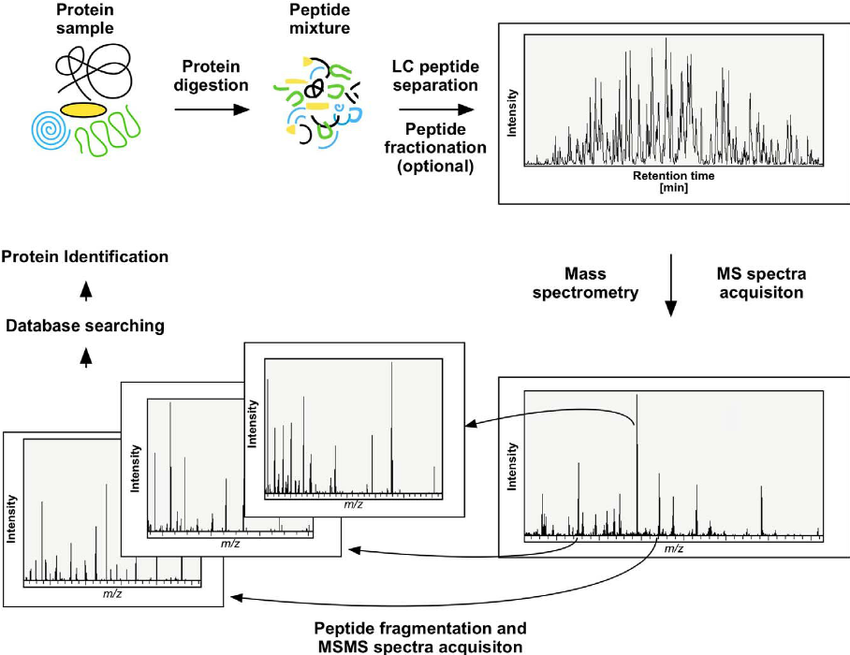
Figure 1. Flow Chart of N-Terminal/C-Terminal Sequence Detection by Mass Spectrometry.
Sample Submission Suggestions
1. Sample Type
Liquid, lyophilized powder, or gel forms of recombinant collagen samples are accepted. Purified samples are recommended to avoid interference from high salt, high lipid content, or complex matrices.
2. Storage and Transportation
Samples should be stored at low temperatures (–20°C or –80°C) and protected from repeated freeze-thaw cycles. Transportation with dry ice or ice packs via cold chain logistics is recommended to ensure sample activity and stability.
Service Advantages
1. Comprehensive Analytical Instrumentation Platform
Integrates advanced platforms including high-resolution mass spectrometry, chromatography, spectroscopy, and bioactivity analysis to comprehensively cover the needs of structural, modification, and impurity detection.
2. Accurate and Comprehensive Modification Detection
Enables high-sensitivity identification of key post-translational modifications such as hydroxylation and glycosylation, with precise localization of modification sites to support functional and structural studies.
3. Customized Workflow Design
Provides flexible testing combinations tailored to different product types and development stages, meeting the diverse needs of research, quality control, and regulatory submission.
4. Expert Technical Support
A highly experienced team is involved throughout the process, ensuring high-quality data, accurate interpretation, and efficient technical consultation.
Applications
1. Drug Development
Recombinant collagen analysis service can be used to verify product consistency, purity, and structural integrity of recombinant collagen, meeting the requirements of quality research.
2. Aesthetic and Functional Skincare Development
By analyzing the active ingredient characteristics of recombinant collagen in skincare products, the service ensures its biological activity, safety, and stability.
3. Tissue Engineering and Regenerative Medicine
Recombinant collagen analysis service enables evaluation of triple-helix structure, modification status, and biological activity, supporting the functional validation of materials such as artificial skin, cartilage, and vascular scaffolds.
4. Process Optimization and Quality Control
By monitoring the impact of different expression systems or purification processes on collagen structure and impurity levels, the service helps improve product consistency and process controllability.
FAQ
Q1: Is Sample Preprocessing Required by the Client Before Analysis?
A1: In general, no additional preprocessing is needed from the client. We will perform buffer exchange, concentration measurement, and other preparatory steps as needed based on the project requirements. If the sample contains special components or additives, please inform us in advance.
Q2: Can Customized Analysis Packages Be Provided?
A2: Yes. We offer modular analytical services, allowing clients to select structural analysis, modification analysis, impurity profiling, or other components according to their research goals. Development of customized methods is also supported.
Sample Results
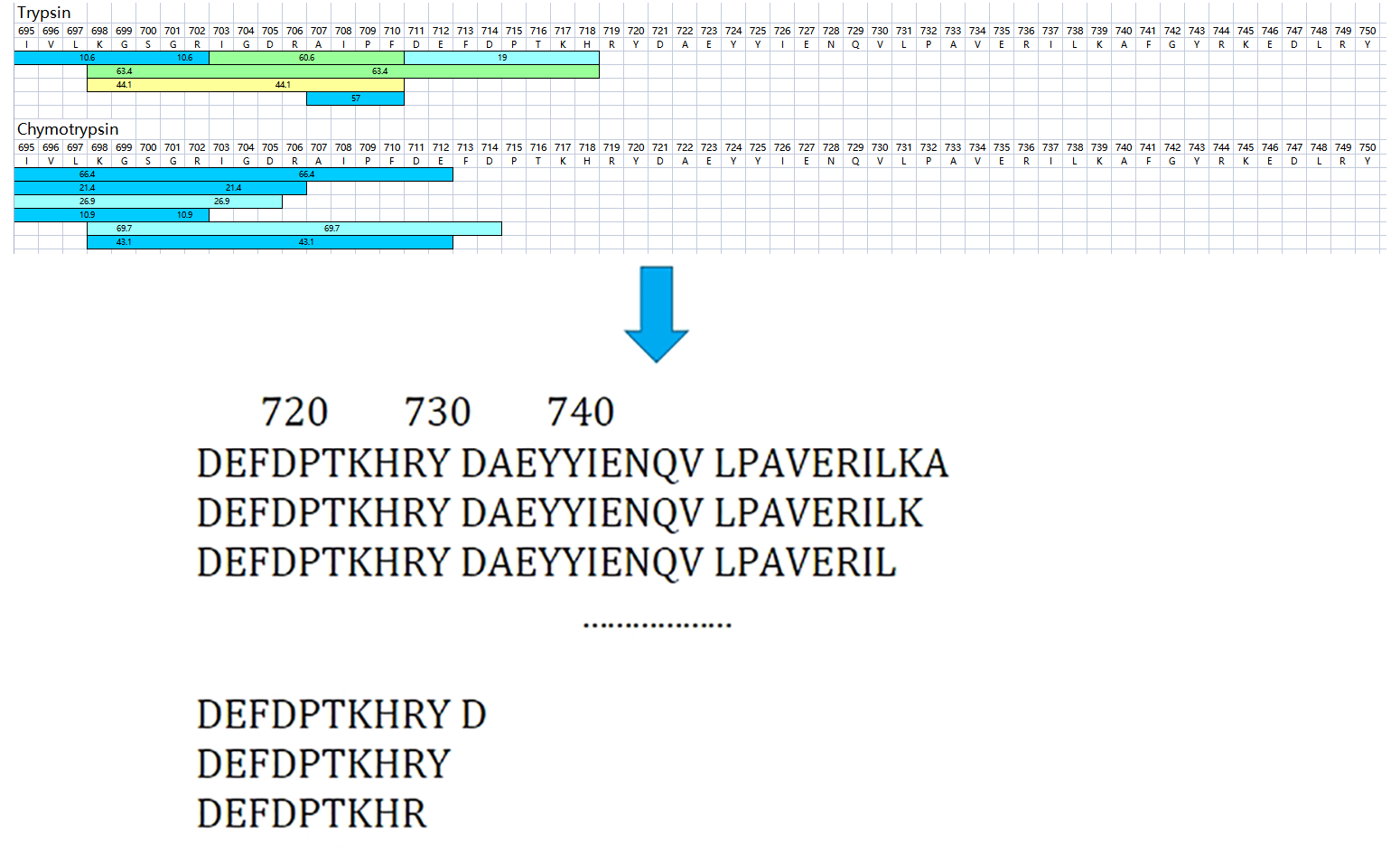
Figure 2. C-Terminal Sequencing Results.
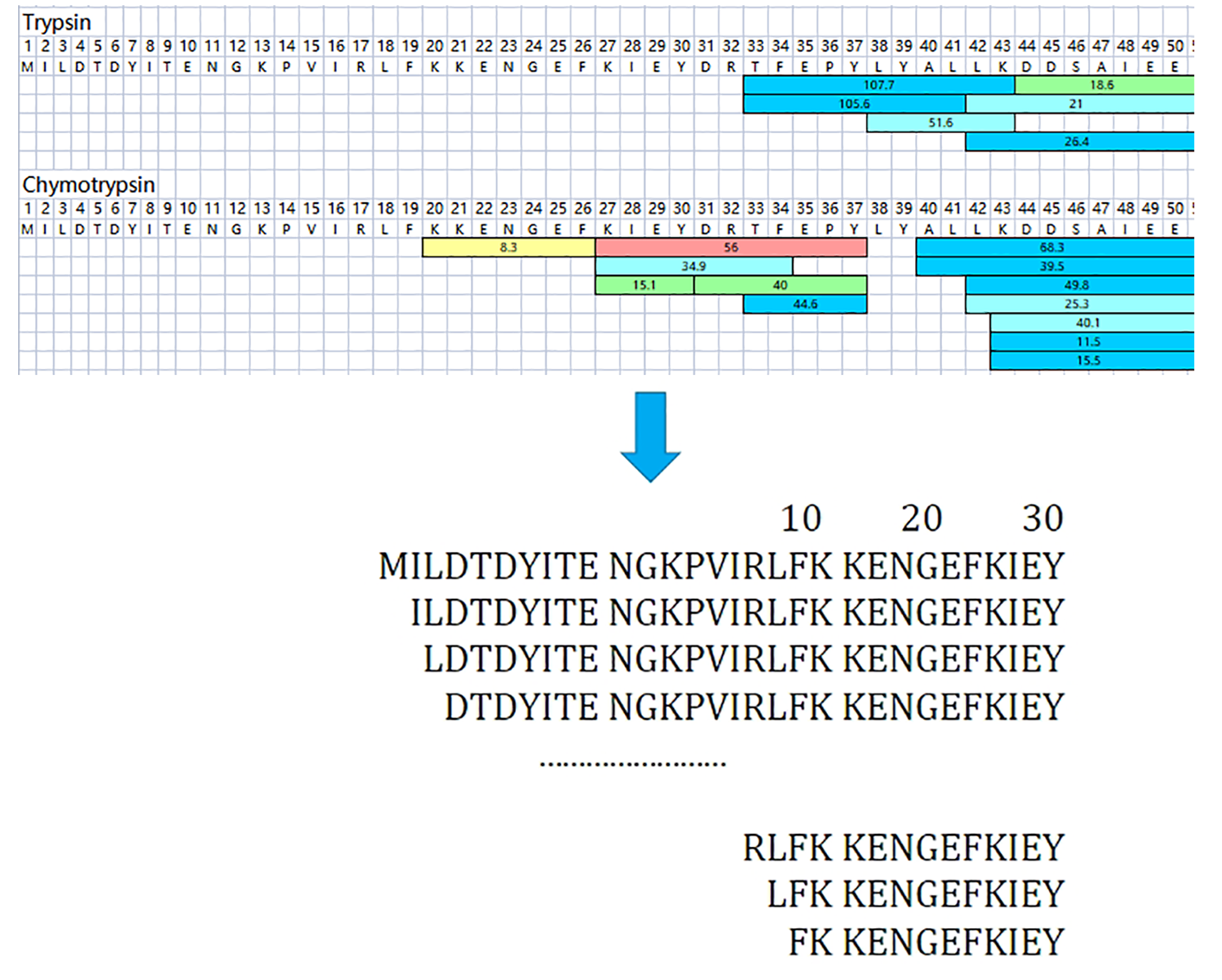
Figure 3. N-Terminal Sequencing Results.
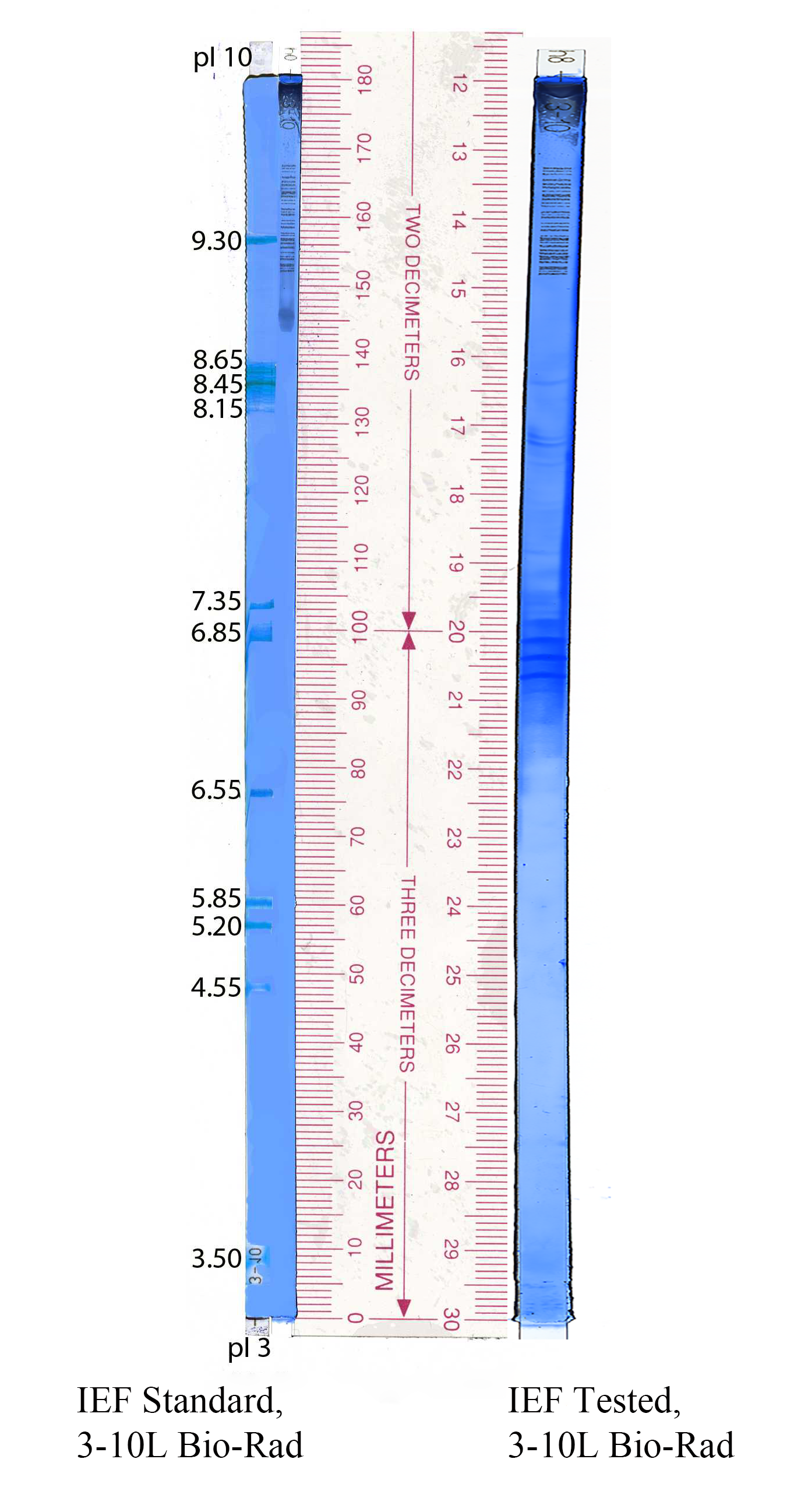
Figure 4. IEF Electrophoretogram.
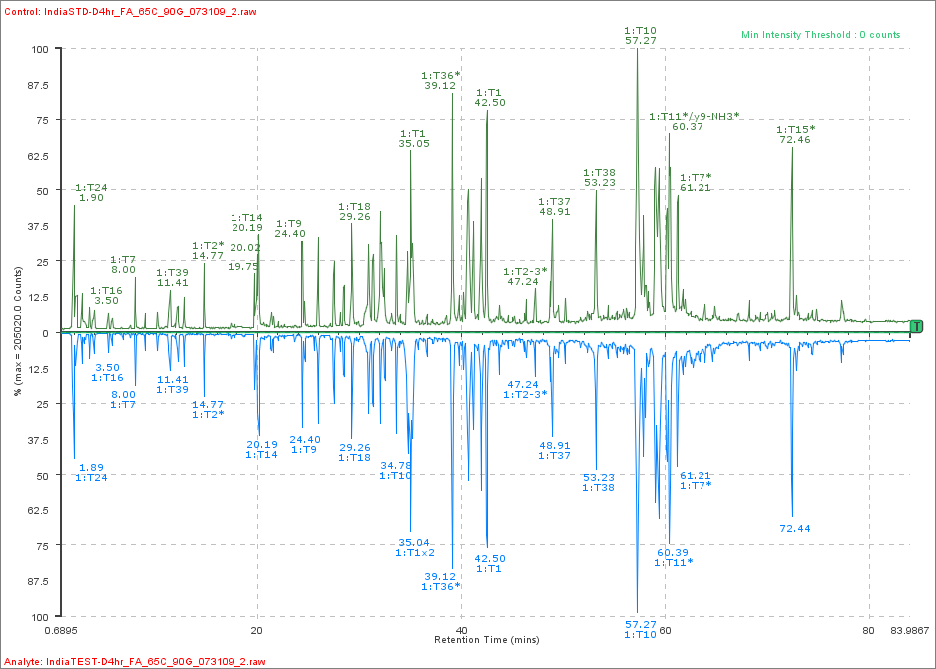
Figure 5. HPLC/ UPLC Mass Peptide Diagram.
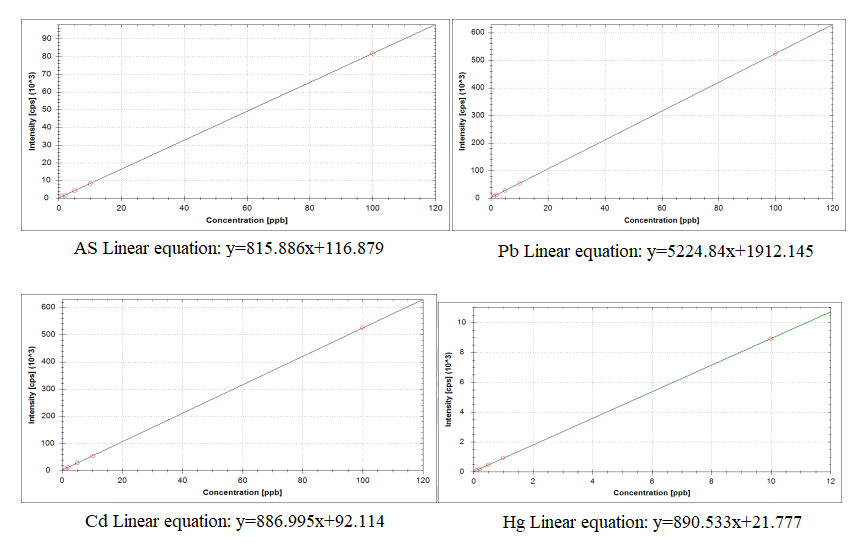
Figure 6. Detection Diagram of Content of Heavy Metals and Trace Elements.
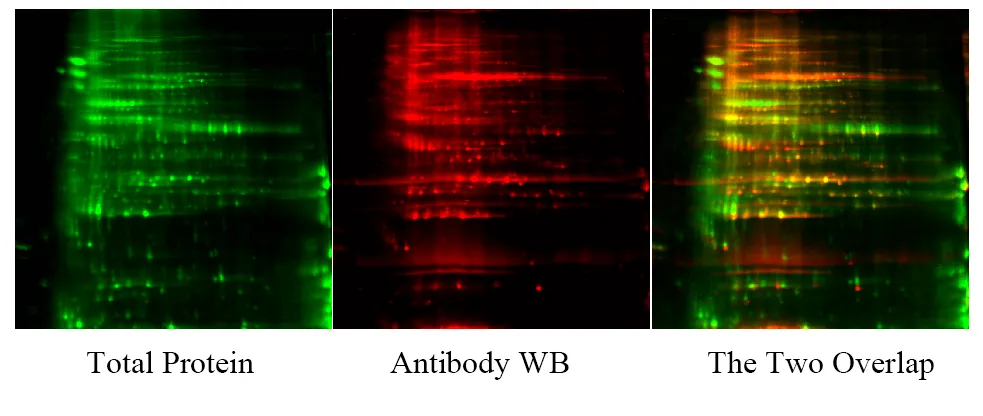
Figure 7. Western Blot Analysis of Host Cell Proteins.
Deliverables
1. Comprehensive Experimental Details
2. Materials, Instruments, and Methods
3. Data Analysis, Preprocessing, and Estimation
4. Bioinformatics Analysis
5. Raw Data Files
Services Related
Recombinant collagen identification service
Recombinant Collagen Structure Characterization Service
Recombinant Collagen High-Resolution Molecular Weight Identification Service
Recombinant Collagen N-terminal Sequence Analysis Service
Recombinant Collagen C-terminal Sequence Analysis Service
Collagen Analysis Service
How to order?







